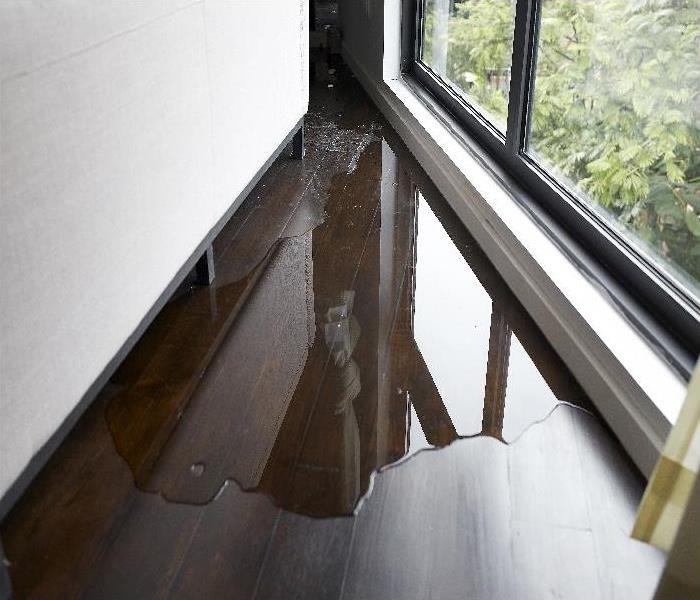Are Wet Areas at High Risk of Microbial Bacteria Growth in Durham?
9/10/2020 (Permalink)
SERVPRO is a Leading Water Damage Restoration Provider that can Protect your Durham Home From Microbial Infestation.
Why are microbial bacteria associated with water damage?
Controlling microbial growth is a vital skill for restoration technicians working in Durham. Microbes are tiny living organisms that make up an essential part of the ecosystem. It is common for bacteria or viruses to be present in a wet or water-damaged property. Instances where microbes are apparent are treated with caution by restoration services because they can make you or our technicians sick. A human hair is 75 microns in size. Mold spores can be 4 microns by comparison with bacteria registering around 1 micron in size. Viruses can be as small as 0.2 microns. The assessment of microbial growth is often understood based on the length of time your home is subjected to water exposure, the source of water, and its contamination levels. In the presence of moisture, bio pollutants can proliferate and must be controlled.
How can I bring microbial growth under control?
Using a qualified water damage restoration firm in the Durham area can help rid your home of bio pollutants. For larger microbes, like mold spores, our team can deploy air scrubbing equipment fitted with high-efficiency particulate air (HEPA) filters. These are effective at removing bio pollutants as small as 0.3 microns. Usually, a SERVPRO technician uses a multi-pronged approach by combining air scrubbing with biocides or anti-microbial chemicals. These can be dispersed throughout a property efficiently using an ultra-low volume (ULV) fogger or mister.
What are the safety measures used to prevent a microbial infestation?
- Containment of the affected area to prevent spreading
- The use of negative air pressure during agitative cleaning or demolition of materials
- Graded anti-microbial chemicals and decontamination zones for workers
A wet property can quickly become a hotbed of microbial activity. Contact SERVPRO of North Durham at (919) 467-0880.

 24/7 Emergency Service
24/7 Emergency Service
